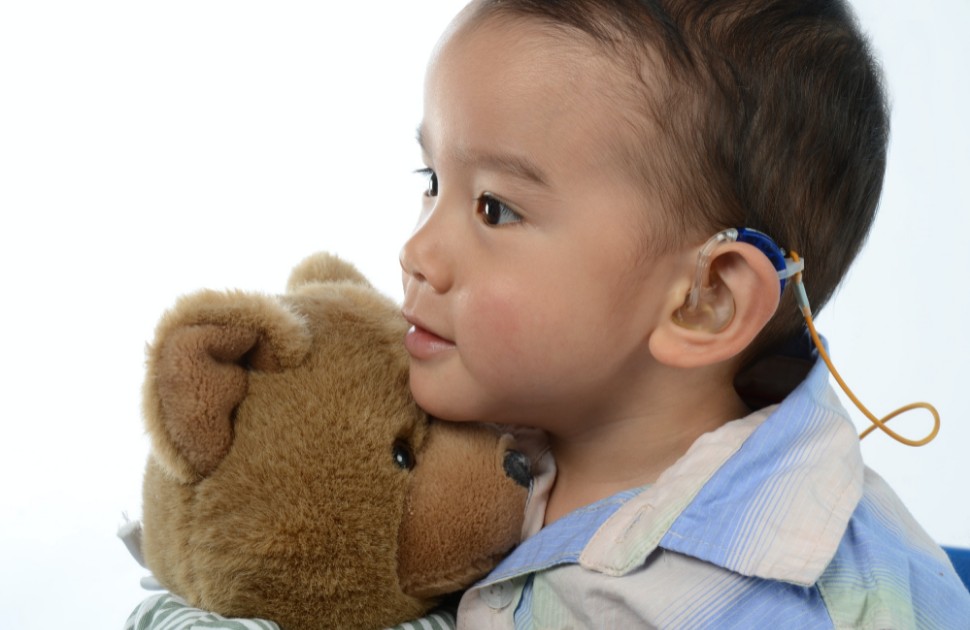Getting ready for surgery
These sections will help prepare you for your upcoming surgery and answer many questions you may have:
- Getting ready for surgery
- One day before surgery
- Day of your surgery
- After surgery
- Information for youth
| Checklist: leading up to surgery |
||||||
Make a note of the following: Name of surgery: |
||||||
| Learning more about surgery | ||||||
| If you know what to expect, you will be better able to help your child or youth:
|
||||||
| Giving consent for a surgery or procedure |
||||||
| Only the patient or a legal guardian can sign the consent form. You must bring legal guardianship papers if you are not the child’s or youth’s legal parent. It’s important that you understand the risks and benefits of the surgery, so that you can give an informed consent. Before you sign the consent for surgery, make sure you understand:
Your surgeon may ask you to provide written consent during a clinic visit. If not, you will be required to give consent on the day of the surgery or procedure. |
||||||
| General information about anesthesia | ||||||
| During surgery, your child or youth will have medications to keep them comfortable. This is called anesthesia. It can involve many levels of sedation from numbing the area to a deep sleep (general anesthesia).
Risks and side effects Use of anesthesia in children is common, but may have side effects. These side effects depend on your child’s or youth’s medical condition and history. A recent cough or cold can increase the risks of anesthesia. See the section called “What if my child or youth is sick before surgery?” |
||||||
| Talking to your child about anesthesia | ||||||
| It’s important to prepare children and youth for the anesthetic. Explain to your child or youth that they will:
|
||||||
| Pre-anesthesia clinic | ||||||
| Your child or youth may need to see an anesthesiologist or nurse practitioner in the pre-anesthesia clinic. This will depend on the medical history of your child or youth and the surgery or procedure they are having. A nurse or nurse practitioner may do an assessment over the phone. This will be decided by your surgeon. If you don’t require a pre- anesthesia clinic visit, you will be assessed on the day of surgery. If you live a far distance from the hospital, we can sometimes arrange an appointment with the anesthesiologist through videoconferencing. If you need to see the anesthesiologist or nurse practitioner, you’ll have an appointment in the pre-anesthesia clinic about two weeks before the surgery. You’ll find the clinic at C3, on Level 2 of CHEO. Please register at the desk when you arrive. We offer services in French and English. We have translation services available if you speak another language, but your doctor’s office will need to call us ahead of time to make these arrangements.
Anesthesiologist: A doctor who specializes in giving patients medicine to go to sleep and stay asleep during surgery. They help control pain and manage vital body functions during surgery
What you need to bring to the clinic:
What will happen during the appointment? You will first meet the nurse, followed by the anesthesiologist or nurse practitioner. They will:
The doctor you meet in the pre-anesthesia clinic may not be the anesthesiologist on the day of the surgery. The doctors may decide your child or youth needs investigations (e.g. blood tests or X-rays) before surgery. If your child or youth needs these tests, your visit to CHEO will be longer. |
||||||
| Talking to your child about surgery and procedures | ||||||
| Having surgery can be stressful for your child or youth and their whole family. Knowing what to expect on the day of surgery will help everyone to be better prepared. Make sure to:
|
 Looking for translation?
Looking for translation?
Did you know: our care resources can be translated into over 100 languages using Google Translate! Click the Translate button on the top right corner of your screen and select your preferred language to get started.
Disclaimer
This resource is for educational purposes only, and was originally written in English and translated to French. Translation to any other languages is automatically provided through Google Translate, and not official. There may be subtle differences or inaccuracies. If you have any questions about medical matters including your care and treatment, please reach out to your health-care team.





